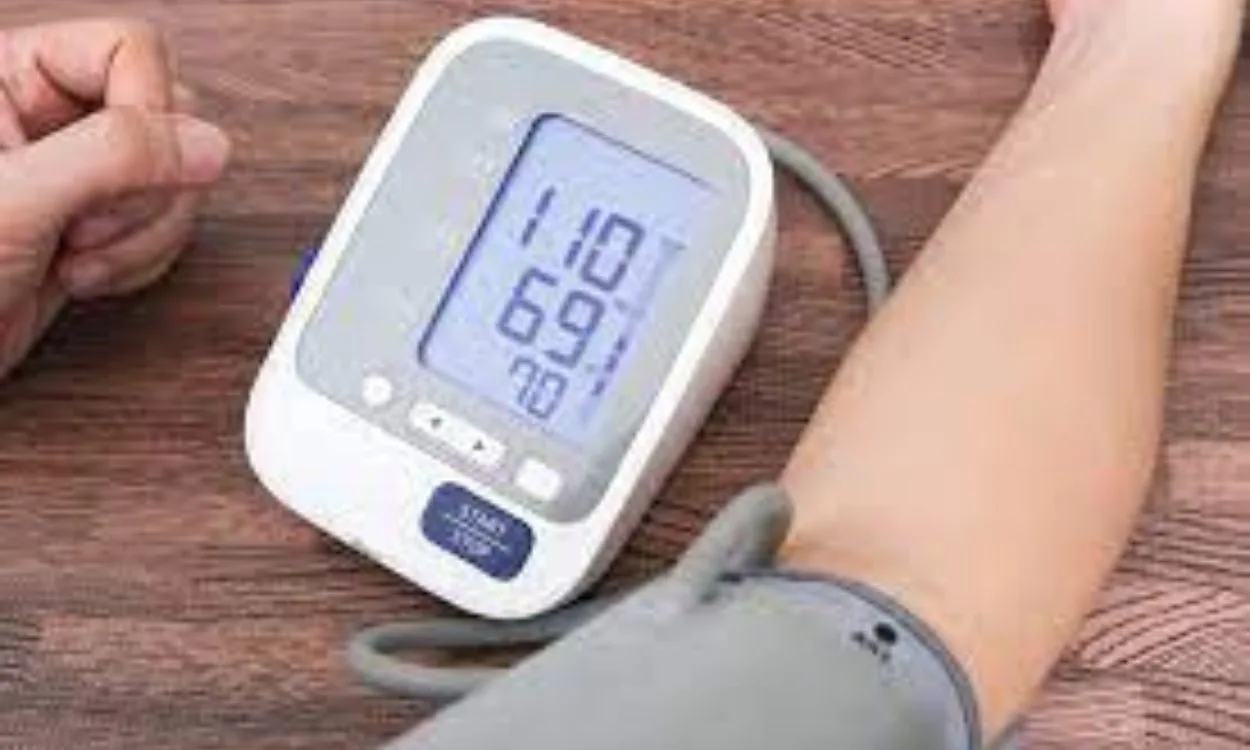How Does the Thyroid Affect Blood Pressure?
The thyroid, a small butterfly-shaped gland located in the neck, plays a crucial role in regulating various bodily functions, including metabolism, energy production, and heart rate. However, its impact extends beyond these well-known functions, as it also significantly influences blood pressure. Understanding the intricate relationship between the thyroid and blood pressure is essential for maintaining overall health and well-being.
The Thyroid’s Role in Blood Pressure Regulation
The thyroid gland produces hormones, primarily thyroxine (T4) and triiodothyronine (T3), which play a pivotal role in regulating metabolism and energy expenditure. These hormones also have a direct impact on the cardiovascular system, affecting heart rate, cardiac output, and blood vessel function. When the thyroid gland is underactive (hypothyroidism) or overactive (hyperthyroidism), it can lead to imbalances in these hormones, subsequently influencing blood pressure.
Hypothyroidism and Blood Pressure
In individuals with hypothyroidism, the thyroid gland does not produce sufficient amounts of thyroid hormones. This can lead to a decrease in heart rate and cardiac output, as well as changes in blood vessel function, ultimately resulting in elevated systemic vascular resistance and higher diastolic blood pressure. The combination of these factors can contribute to the development of hypertension, particularly in individuals with untreated or poorly managed hypothyroidism.
Hyperthyroidism and Blood Pressure
Conversely, hyperthyroidism, characterized by an excessive production of thyroid hormones, can lead to an increase in heart rate and cardiac output. This heightened cardiovascular activity, coupled with alterations in blood vessel function, can result in reduced systemic vascular resistance and lower diastolic blood pressure. In some cases, individuals with hyperthyroidism may experience symptoms of hypotension, or low blood pressure, due to the effects of excessive thyroid hormones on the cardiovascular system.
Thyroid Dysfunction and Hypertension
Hypertension, commonly known as high blood pressure, is a significant risk factor for various cardiovascular conditions, including heart disease, stroke, and kidney damage. Research has shown that thyroid dysfunction, whether hypothyroidism or hyperthyroidism, can contribute to the development or exacerbation of hypertension. Therefore, individuals with thyroid disorders should be vigilant about monitoring their blood pressure and addressing any abnormalities to mitigate the risk of cardiovascular complications.
Addressing Thyroid-Related Blood Pressure Issues
For individuals with hypothyroidism, effective management of the condition through thyroid hormone replacement therapy, under the guidance of healthcare professionals, can help normalize blood pressure levels. Similarly, individuals with hyperthyroidism may require treatments such as antithyroid medications, radioactive iodine therapy, or thyroid surgery to regulate thyroid hormone levels and alleviate associated cardiovascular effects.
Introducing Fitpaa: Your Partner in Health and Wellness
While understanding the impact of thyroid function on blood pressure is crucial, ensuring overall well-being involves a holistic approach to health and fitness. Fitpaa, a pioneering AI-driven Metabolism monitoring and management technology, is dedicated to helping individuals achieve their health and fitness goals with guaranteed results. By leveraging the latest advancements in Lifestyle Medicine and Behavioral Therapy, Fitpaa offers a comprehensive solution to optimize metabolism and strengthen all 11 organ systems, including the endocrine system responsible for thyroid function.
Fitpaa’s Approach to Health and Fitness
1. Metabolism Assessment: Through advanced Metabolism Monitoring Technology, Fitpaa conducts a comprehensive assessment to identify the root cause of health conditions, including those related to thyroid function.
2. Personalized Fitpaa Capsule: Fitpaa’s expert team of fitness coaches, nutritionists, and doctors collaborate to create a personalized Fitpaa Capsule, integrating medical therapy, exercise therapy, nutrition therapy, and cognitive behavior therapy to optimize metabolism and support health and fitness goals.
3. Realtime Guidance and Support: Fitpaa’s innovative Realtime Guidance technology, combined with its mobile app, empowers users to seamlessly follow their Fitpaa Capsule, receive timely nudges, and track their progress with the support of a dedicated health and fitness team.
By aligning with Fitpaa’s mission to prioritize individual well-being and provide guaranteed results, individuals can embark on a transformative journey towards achieving their health and fitness aspirations while actively managing thyroid-related health concerns.
In conclusion, the intricate interplay between thyroid function and blood pressure underscores the significance of proactive health management. By fostering a deeper understanding of this relationship and embracing holistic solutions such as Fitpaa, individuals can empower themselves to lead healthier, more fulfilling lives, free from the constraints of thyroid-related health challenges.









